It depends on the blockchain ecosystem you select for the project; you will come across various programming languages used in these blockchains and frameworks. Top Programming Languages for Blockchain & Smart Contract Development. The most difficult part would be deciding which one is ideal for you. The best languages for blockchain development adeptly comprise Rust, Go, C++, Solidity, and Motoko.
Blockchain Development
Rust – The Best Programming Language for Blockchain Development
Rust is a multi-paradigm programming language adeptly designed for improved performance and safety. It provides excellent documentation, comprehensive developer tools, and a user-friendly compiler with helpful error messages.
Rust is the most efficacious crypto programming language for innovative contract development because it allows for productive collaborative work for project teams and open-source developers who want to contribute to the protocol. The Rust programming language enables developers to control low-level details without hassle or micromanagement, resulting in an excellent balance of technical capacity and coding experience.
Rust Blockchains Examples – Solana, Substrate, NEAR, Parity.io, Polkadot
Golang – Blockchain Development
Golang is one of the better blockchain programming languages available today, thanks to its simple and readable syntax and quick compilation time. It is a single language that allows for concurrent programming, which is extremely useful for many teams. Furthermore, compared to other blockchain coding languages, particularly legacy ones, it is relatively easy and efficient to maintain in the long run.
Golang Blockchains Examples – Go-Ethereum, Cosmos, Hyperledger Fabric
C++
It is one of the earliest general-purpose programming languages, and many well-known projects have used it as a blockchain coding language. C++ was first used in 1985, but it is still popular among blockchain developers and Defi products. Top Programming Languages for Blockchain & Smart Contract Development. The primary reason for this is that it provides excellent CPU and memory control, which is required for any blockchain, as well as high efficiency, code isolation, and compile time polymorphism.
C++ Examples Bitcoin Litecoin Ripple Stellar & EOS
Solidity – Blockchain Development
It is an object-oriented high-level smart contract programming language explicitly designed with the Ethereum Virtual Machine (EVM). As a result, Solidity is an excellent choice for creating blockchain-based smart contracts and dApps.
Solidity is very similar to JavaScript, so it is relatively simple to learn for most developers. Furthermore, it is currently one of the fastest-growing programming languages, so it is safe to assume that it will be even more developer-friendly and simple to learn in the future.
Solidity Examples – Ethereum, Chainlink, Uniswap & Compound
Motoko
It is a relatively new programming language developed by the DFINITY foundation for creating smart contracts directly on the Internet Computer. The language was designed with blockchain technology in mind, so it aims to be secure and versatile while providing all of the necessary tools for convenient and fast dApps development and supporting the Internet Computer’s unique features.
Motoko includes native support for Internet Computer canisters (smart contracts), a sequential style, a simple modern coding style, and a variety of features to assist you in leveraging orthogonal persistence. Each characteristic makes it a simple and secure language for the Internet Computer ecosystem.
Motoko Examples – Internet Computer – It is a modern public blockchain that enables the deployment and execution of secure, autonomous, and tamper-proof canisters (smart contracts) at web speed.
Final Thoughts
Numerous notable ecosystems have multiple programming languages for developing blockchain solutions, but you must eventually choose one. It is not a simple choice, so focus on selecting an ecosystem first to ensure a smooth transition.

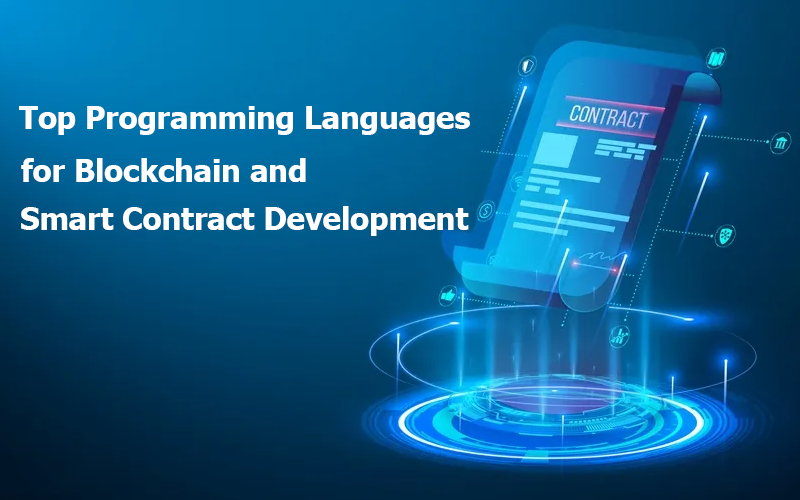


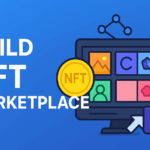




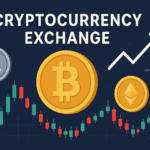



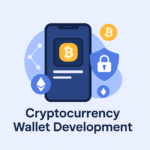
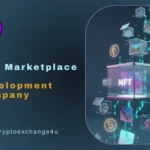
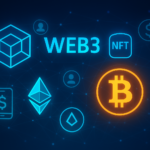






0 Comments